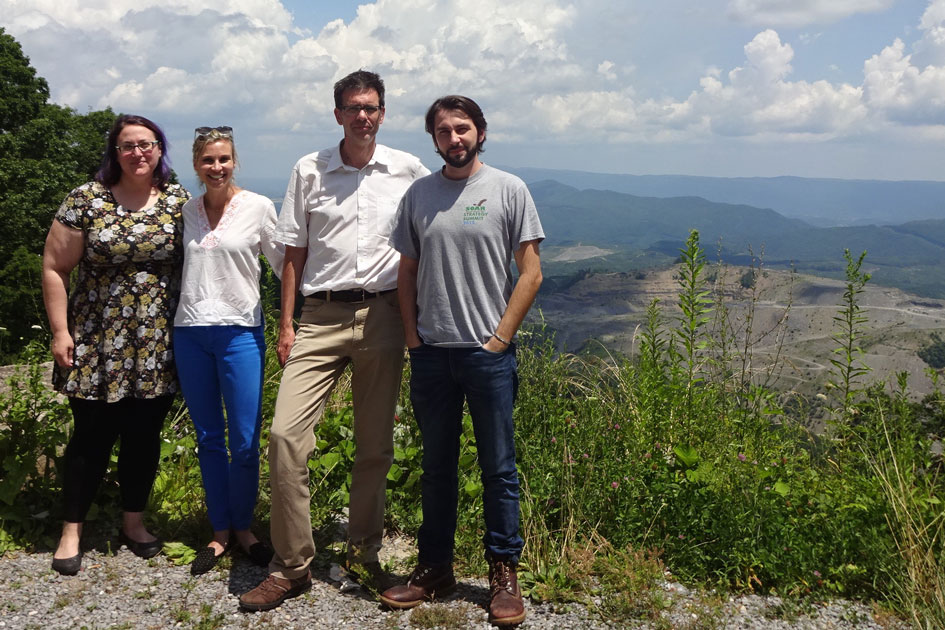Life After Coal
Timon Wehnert discussed coal phase-out in the US

Timon Wehnert discussed coal phase-out in the US

The coal mining regions in the eastern parts of the USA, in the so called "Rust Belt", undergo a severe structural change: Miners are loosing their jobs and cities face an uncertain future of what was once their key economic base. This process is not new, but has been going on for decades. Neither has it been driven by climate policy, but by economic and technical developments: mining is becoming less and less labor intensive and cheap fracking gas is pushing the expensive Appalachian coal out of the market.
Despite the strong differences between the USA and Germany with respect to energy and climate policy, coal mining regions in both countries face economic and structural challenges of great similarity.
How do coal-mining regions cope with these challenges? How do they prepare for a "life after coal"? Which structural policy approaches can support this transition process? Timon Wehnert from the Wuppertal Institute was invited by the Heinrich Böll Foundation North America to discuss with experts in Washington and practitioners in West-Virginia, Kentucky, New York and Pennsylvania on what mining regions can learn from each other.
The Wuppertal Institute deals in several projects with the topic of coal phase-out and the challenge of structural change in coal mining regions. In 2016, it published a study on structural change in the German lignite mining region Lausitz. A recent publication for the German Nature And Biodiversity Conservation Union (NABU) summarises cornerstones of the current German coal phase-out discussion.

